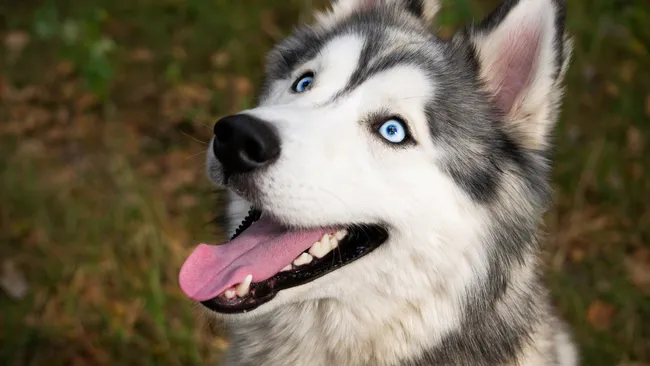Working dogs like Siberian huskies have the smallest brains relative to their body size, scientists found. (Image credit: Таисья Корчак/Getty Images)
Dogs with bigger brains relative to their bodies aren’t necessarily smarter, a new study finds.
The research, published Nov. 13 in the journal Biology Letters, suggests that while working dogs may have more complex abilities compared with other breeds, they’re organized into a more compact space in the brain. This differs from what’s seen in evolutionary history in wild mammals, where as brains get bigger relative to body size, cognitive skills tend to become more complex.
“In other groups [of species] relative brain size is indicative of higher cognitive abilities — here we see the opposite,” said Ana Balcarcel, lead author of the new study and an evolutionary biologist at the Montpellier Institute of Evolutionary Sciences in France.
Sponsored Links
Real-time Betting – all in one place
1XBet
The study compared the ratios of dogs’ brain size to body size by measuring 1,682 skulls of adult dogs covering 172 breeds housed at the Natural History Museum Bern in Switzerland. The researchers calculated the dogs’ “relative endocranial volume” — their brain size relative to their body size. Scores for 14 behavioral traits were also taken from the Canine Behavioral Assessment and Research Questionnaire, a standardized behavioral evaluation of dog breeds that measures trainability, attention-seeking behaviors, aggression and other traits.
“Working” breeds, like Siberian huskies bred to perform complex skills to assist humans, had the smallest brains relative to their body size. “Companion” breeds, like Chihuahuas bred primarily to be pets, had the largest relative brain size.
Related: Why do dogs look like their owners?
Relative brain size was smaller in dogs that were more trainable — typically, working breeds like Siberian huskies, Great Pyrenees and rottweilers. Working breeds perform human-assistance roles such as search-and-rescue, guiding and policing, and previous research has shown that they have better executive function — meaning greater behavioral control and short-term memory — than other dog breeds. Bigger dogs have a different composition of internal brain tissues than smaller dogs, said Balcarcel.




